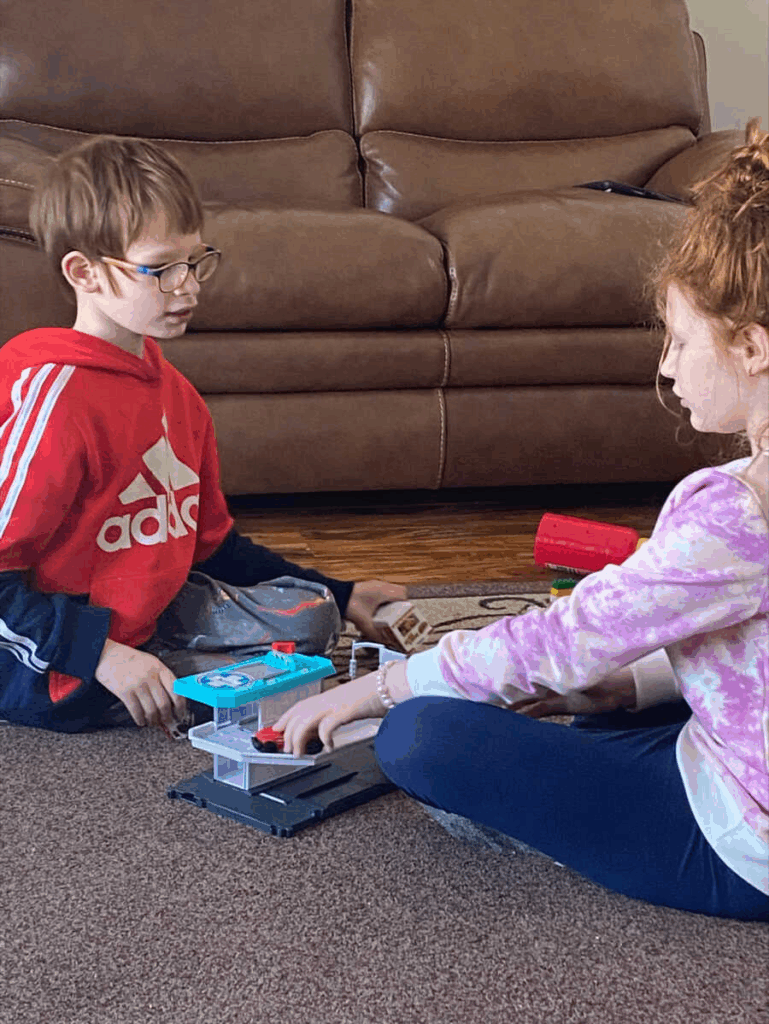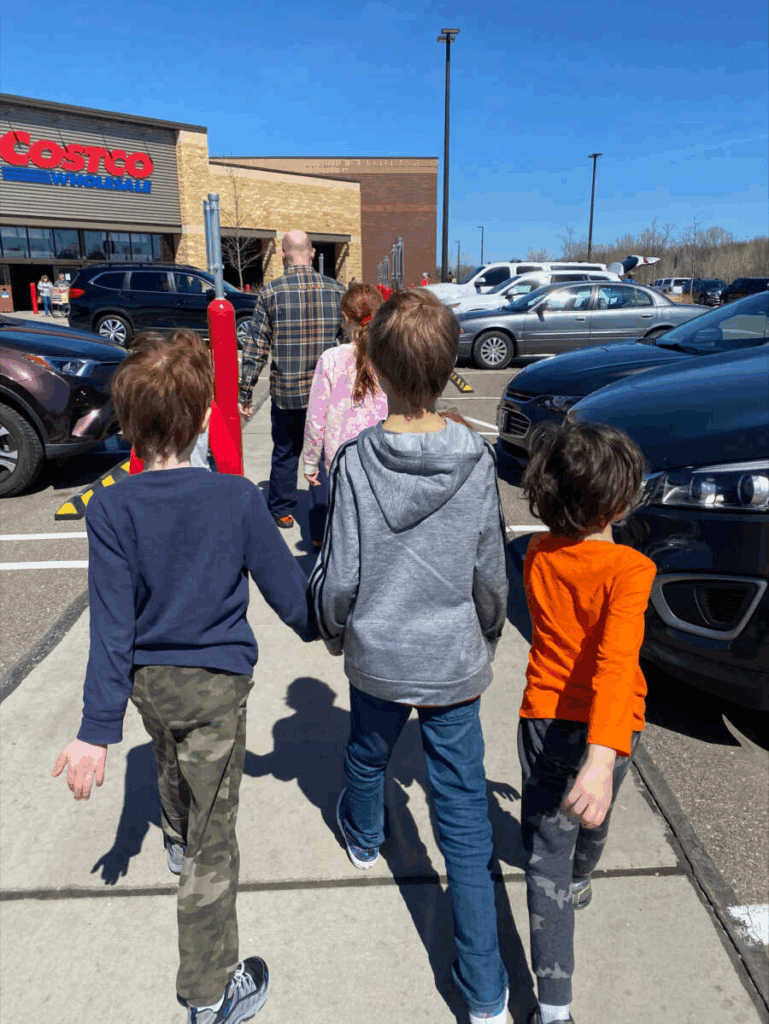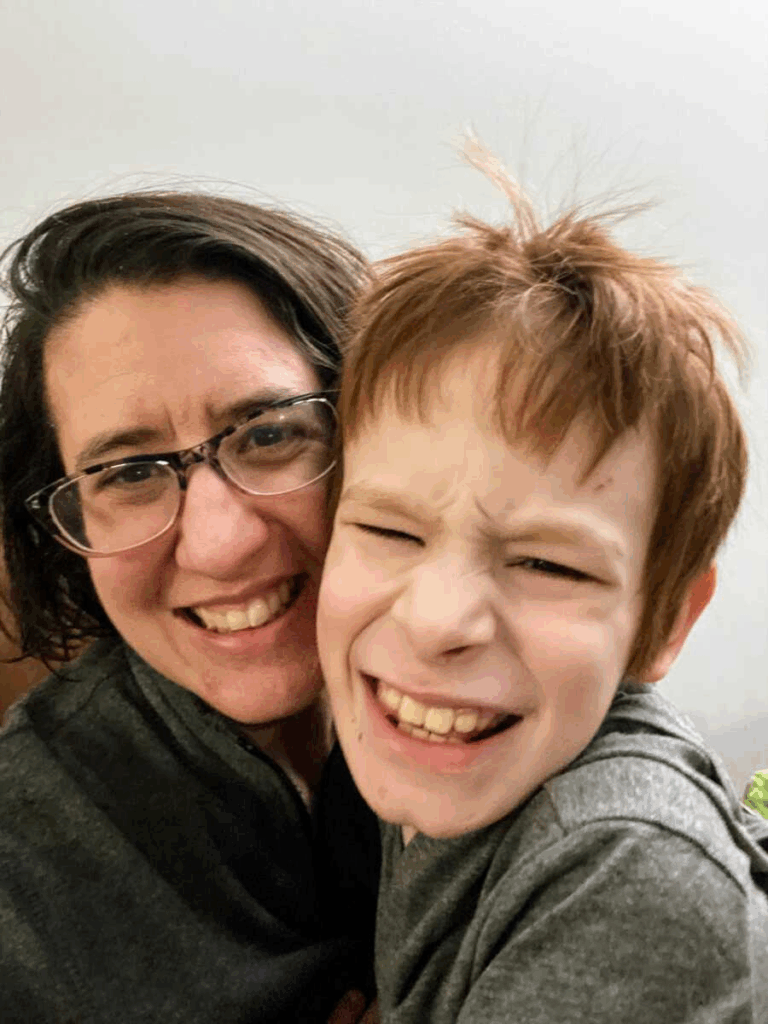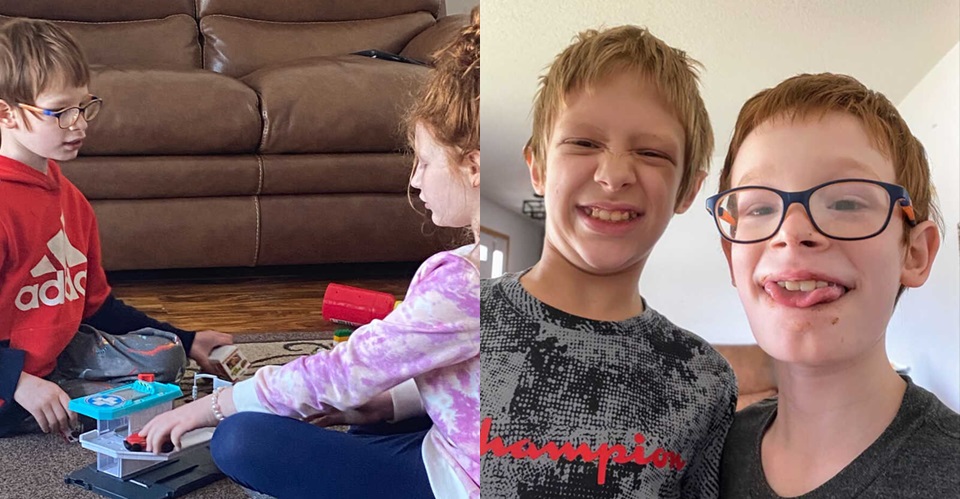This family’s secret is simple—love keeps showing up in small ways, and those small ways add up to a life that works. Raising six kids is a big job. Doing it when two of those children are on the autism spectrum adds layers that most families never see. Robyn DeMars talks about how her other children have stepped in not out of obligation, but out of love. Her nine-year-old daughter, who is neurotypical, has become the sibling her brother seeks first. Over the summer, she learned how to read his cues, sit close when the world feels too loud, and bring him back to calm when even Mom and Dad can’t. It isn’t dramatic; steady, everyday patience builds trust between them.

The older boys’ autism can make relationships tricky for the whole crew. Outings can be hard, plans change fast, and milestones often arrive on time. Still, the siblings keep showing up in small, meaningful ways: sitting beside their brother as he shares something on his iPad, playing a simple game, or just leaning shoulder-to-shoulder on the couch. Robyn’s daughter remembers his favorite snack and the toy that makes him relax. Watching those moments, Robyn feels fierce pride. Her kids are learning to be advocates—kind, protective, and loud when needed. It’s sweet and bittersweet because their childhood isn’t typical, but it is full of empathy.

Like any parent, Robyn monitors progress, not perfection. Some kids learned to ride bikes this year, which felt huge. For her sons, early reading opened new doors. Each step might be slower or different, but the joy is just as absolute. She hopes other children and adults will meet her boys with the same curious, respectful, and open spirit. Learn who they are. Play with them. Let parents model the kindness they want their kids to show. Even grown-ups sometimes freeze when they hear “autism,” and children notice that silence. Warmth is contagious, too. The family’s path hasn’t been easy, but it has been forward. Robyn tells other parents to keep asking for help and keep trying, even when the first attempts go sideways. In the early days, many things felt impossible.

With encouragement from families who’d walked the road before, they tried again. They practiced restaurant dinners, planned small vacations, and coached play with siblings. Hard days still happen, but life feels manageable more and more. They’ve learned that practice builds confidence for parents and kids, and that a good day is often the result of a hundred small, quiet wins.
None of this erases the challenges they don’t need to. What matters is how the family moves through them together, with patience, humor, and grace. The siblings are growing into people who notice what others need and step in without being asked. The parents are learning to celebrate progress others might miss. And the boys are surrounded by people who see them fully and love them fiercely. They’re also learning to shape a “new normal” that fits their family, not vice versa. Birthday parties come with sensory breaks, grocery runs happen at quieter hours, and success might look like finishing a meal together or trying a new park for ten minutes.

Robyn keeps a small toolkit in the car: headphones, chew toys, and favorite snacks- and the siblings know how to use it without being told. Friends and neighbors are learning with them: ask before hugging, give extra time for answers, celebrate soft wins. Little by little, the circle around them gets kinder, and the boys get more space to be themselves. If you, too, are someone with kids, or look forward to building a beautiful family, the concept of selfless love, and the space to grow so children become the best versions of themselves should be a must!












